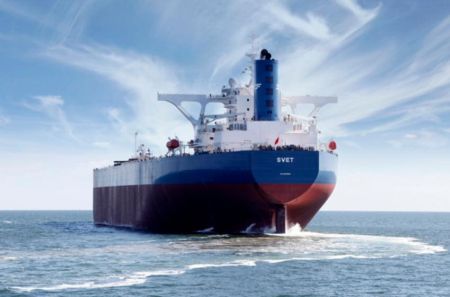
Aalto University, together with three other universities, has received significant funding for an international Research Centre of Excellence for Arctic Technology from Lloyd’s Register Foundation (LRF).
After an extensive international tendering process for fundamental research projects, LRF has established a Research Centre of Excellence in Arctic Shipping and Operations. The Centre will be headed by Aalto University. Also taking part are Helsinki University, the Norwegian University of Science and Technology NTNU (Trondheim) and Memorial University of Newfoundland (St. John’s, Canada). The Centre will support eight doctoral dissertations on risk management in Arctic operations over a period of five years.
Aalto University is also strengthening its research in Arctic technology by setting up two professorships in Arctic Marine Technology, and by investing in the Aalto Ice Tank so as to develop a unique international facility. At present a number of research initiatives in international Arctic Marine Technology are under way at Aalto University.
“Arctic technology is a specialised field in which Finland intends to remain a global leader, as we have strong scientific achievements and considerable doctoral training,” says Professor Pentti Kujala from Aalto University’s Department of Applied Mechanics.
“As a result of climate change, the industrial and political importance of northern areas is growing significantly, which can be seen in increasing research in Arctic Technology, and also in growing international competition in the field,” he adds.
“The funding provided by LRF is a very significant resource for us, allowing us to continue as global experts in the field and to maintain a strong international network,” Kujala says.
Research linked with the Arctic operating environment is exceptionally challenging, owing to the long distances involved, the great fluctuation in conditions, and the unpredictable behaviour of ice.
The Centre is the first of its kind in the Nordic Countries. Aalto University is also taking part in the Centre for excellent innovation (SFI) of Sustainable Arctic Marine and Coastal Technology (SAMCoT) coordinated by NTNU in Norway.
“In this field notable results are possible only through on-going research and development, in which theoretical modelling, laboratory tests and full-scale observations are in balance,” Kujala observes.
We use cookies to improve your experience. By continuing to use our site, you accept our Cookies, Privacy Policy,Terms and Conditions. Close X